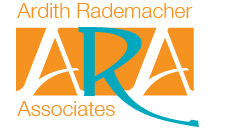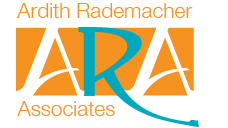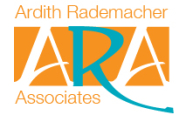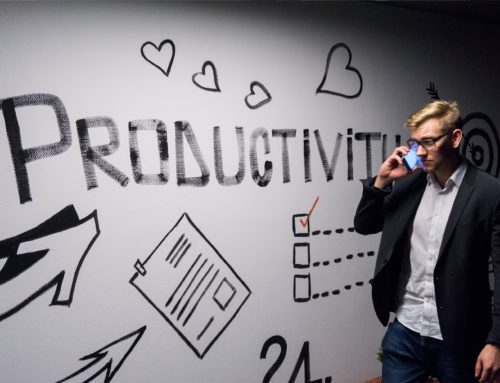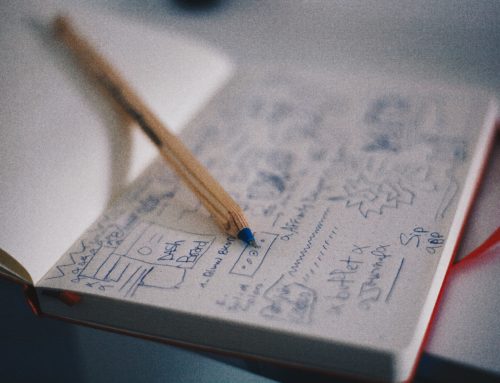Across the world, many of us share the same potentially dangerous addiction: Coffee.
You probably know people—or maybe this describes you—who “can’t function” until they’ve had their first cup. And the feeling is very real, on both a physical as well as an emotional level: they need caffeine just to get through the day.
We want the desired short-term effects
There are a number of reasons why people start drinking coffee. For starters, it makes us feel awake and alert, and can be a great mood boost to jumpstart your morning. For some, it can also be a form of workplace initiation—after all, coffee breaks are great ways to socialize with your coworkers, and can provide a welcome break during the day.
Initial benefits become long-term consequences
Many people mistakenly believe that they perform better after a caffeine intake, but really, what is happening is a reversal of caffeine withdrawal. This means that the dependency built on caffeine actually causes people’s performance to deteriorate over time, to the point where they need a continual intake in order to perform at their old level.
What caffeine really does to our bodies
Coffee, or caffeine in general, releases a rush of adrenaline through our bodies. In this state, we push aside calculated, rational thinking, in exchange for impulsive and split-second judgements. And while this can be a (literal) lifesaver, in some situations it can do far more harm than good—particularly on job sites or in other circumstances where caution and carefulness is paramount.
Additional side effects of caffeine that are relatively common include spikes in blood pressure and heart rate. Those who drink too much of it may also have issues with insomnia or nausea. Quickly, our bodies build up a dependency, which means that some people may start getting headaches or experiencing states of depression without it.
All this being said, there are also a number of positive benefits to drinking coffee—in moderation, that is. Studies have found that it can be an effective and powerful antioxidant, and can reduce or delay the risk of certain diseases, such as Type 2 diabetes, Parkinson’s, and Alzheimer’s.
Avoid excessive caffeine at work to get ahead
Coffee is the world’s most widely consumed psychoactive drug. There are real negative side effects from abusing it. But, due to its pervasive nature, we don’t ever really talk about them.
Particularly if you work in a position where you need to keep calm under pressure and have control over your emotions, developing a dependency on coffee (or anything!) isn’t going to do you any favors in the long run.
A couple cups a day—no more than three—can be just fine. But keep it at that level. You don’t want to get to the point where you are unable to function without it.
Photo by Cyril Saulnier on Unsplash
